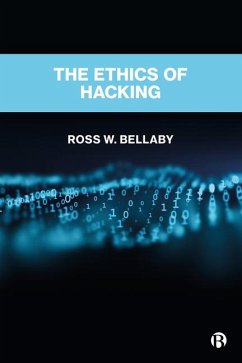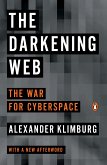"Political hackers, like the infamous Anonymous collective, have demonstrated their willingness to use political violence to further their agendas. However, many of their causes - targeting terrorist groups, fighting for LGBTQ+ rights, and protecting people's freedom of expression, autonomy and privacy - are intuitively good things to fight for. This book will create a new framework that argues that when the state fails to protect people, hackers can intervene and evaluates the hacking based on the political or social circumstances. It highlights the space for hackers to operate as legitimate actors; guides hacker activity by detailing what actions are justified toward what end; outlines mechanisms to aid hackers in reaching ethically justified decisions; and directs the political community on how to react to these political hackers. Applying this framework to the most pivotal hacking operations within the last two decades, including the Arab Spring, police brutality in the USA and the Nigerian and Ugandan governments' announcements of homophobic legislation, it offers a unique contribution to conceptualising hacking as a contemporary political activity."--Publisher marketing.
Hinweis: Dieser Artikel kann nur an eine deutsche Lieferadresse ausgeliefert werden.
Hinweis: Dieser Artikel kann nur an eine deutsche Lieferadresse ausgeliefert werden.








